News
Bandits Abduct Catholic Priest in Kaduna
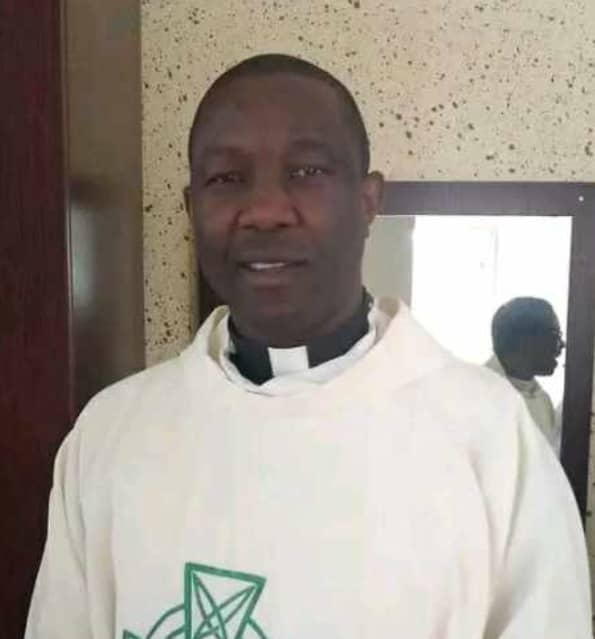
Bandits have abducted Rev. Father Gabriel Ukeh, the presiding priest of St. Thomas Parish in Zaman Dabo Community, Zango Kataf Local Government Area of Kaduna State. The abduction occurred at the parish rectory in the early hours of Sunday.
Rev. Fr. Emmanuel Kazah, the Vicar General (Pastoral), confirmed the incident in a press statement on Sunday. He called for fervent prayers for the priest’s urgent and safe release and condemned the frequent kidnappings of innocent citizens. He urged the government to enhance its security intelligence, especially with the upcoming Sallah celebrations.
Kazah emphasized the importance of working with security operatives for Fr. Ukeh’s quick release and advised against taking the law into one’s own hands. He assured that all legitimate means would be used to ensure the priest’s safe return.
“Through the intercessions of the Blessed Virgin Mary, the Mother of Priests and Religious, may Jesus the crucified hearken to our prayers and hasten the unconditional release of His Priest and every other abducted person,” he added.
The Kaduna State Public Relations Officer, ASP Mansir Hassan, has not yet issued an official statement on the incident.
News
Ukrainian Community Mourns Miners Killed in Strike as Rescue Efforts and International Condemnation Grow

Twelve miners have been killed following a Russian drone strike in eastern Ukraine, according to the country’s largest private energy company, in an attack that has drawn renewed condemnation while also highlighting the resilience of emergency services and communities under fire.
Energy firm DTEK said a bus transporting workers home after a shift in the Dnipropetrovsk region was struck on Sunday. At least seven other people were injured in the attack and are receiving medical treatment. The company described the incident as a devastating loss for the mining community and pledged continued support for the families affected.
The attack came amid a series of Russian strikes reported overnight and on Sunday, which left at least two more people dead and nine injured elsewhere. Ukrainian officials said the incidents formed part of a wider pattern of attacks on civilian infrastructure.
In the southern city of Zaporizhzhia, six people were injured when a drone hit a maternity hospital, including two women who were in labour at the time. Despite the damage, local officials said medical staff acted swiftly to protect patients and evacuate those at risk.
Posting on Telegram, Zaporizhzhia regional head Ivan Fedorov described the strike as further “proof of a war directed against life”, while praising the rapid response of emergency workers and hospital staff who ensured no fatalities were reported at the facility.
Ukrainian Foreign Minister Andriy Sybiha said the hospital strike demonstrated that Russian President Vladimir Putin was pursuing a “war against civilians contrary to peace efforts”. He added that such attacks only strengthened Ukraine’s resolve to protect its people and continue seeking international support.
Later, Fedorov reported that three more people were injured in a separate strike on a residential area in the region, with emergency services again responding quickly to stabilise the situation and assist residents.
News
Trump Nominates Kevin Warsh to lead the US Federal Reserve
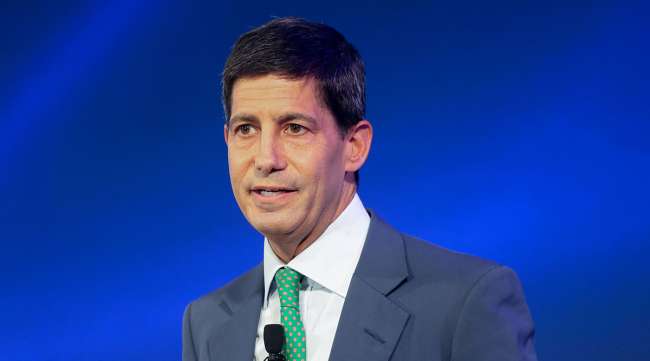
US President Donald Trump has announced Kevin Warsh as his choice to lead the US Federal Reserve when current chairman Jerome Powell’s four-year term comes to an end in May, a move that could usher in a new phase for American monetary policy amid heightened economic and political scrutiny.
Warsh, a former Federal Reserve governor, is no stranger to the institution or to speculation around its leadership. He previously served on the Fed’s board from 2006 to 2011 and was widely considered for the chairmanship during Trump’s first term in office. Known for his critical views of the central bank’s recent policy direction, Warsh is expected to favour a more accommodative stance, including support for lower interest rates in the near term.
The nomination comes at a sensitive moment for the Federal Reserve, as questions about its independence have intensified following Trump’s increasingly public criticism of Jerome Powell. The president has repeatedly expressed frustration that interest rates were not cut more aggressively, arguing that faster action would have better supported economic growth.
Those tensions deepened recently after federal prosecutors opened a criminal investigation into testimony Powell gave to the Senate concerning renovations to Federal Reserve buildings. The Department of Justice probe prompted a strong response from Powell, along with public messages of support from several former Fed chairs and prominent central bank leaders, underscoring the institutional significance of the moment.
Against this backdrop, Warsh’s re-emergence as a leading contender had been widely anticipated in recent weeks, as speculation mounted over who would eventually succeed Powell. Trump formally confirmed his choice on his Truth Social platform, praising Warsh in emphatic terms and saying he “will go down as one of the GREAT Fed Chairmen, maybe the best.”
If approved, Warsh would assume leadership of the world’s most influential central bank at a time of exceptional challenge and opportunity. Economists and financial markets are closely watching how the Fed navigates inflation concerns, growth prospects and political pressure, making the next chair’s approach particularly consequential.
Before taking office, however, Warsh must secure confirmation from the US Senate, a process that could involve extensive hearings and potentially lengthy delays. That scrutiny is likely to focus on his views about interest rates, financial regulation and the long-standing principle of central bank independence.
Even so, supporters argue that Warsh’s deep experience during periods of economic stress — including the global financial crisis — positions him well to guide the Fed through a complex environment.
News
Trump says Minneapolis mayor is ‘playing with fire’ over immigration comments

US President Donald Trump has accused Minneapolis Mayor Jacob Frey of “playing with fire” after the mayor publicly reaffirmed that the city would not enforce federal immigration laws, a stance that has intensified political tensions in Minnesota while also prompting renewed calls for dialogue and de-escalation.
The dispute unfolded after Mayor Frey wrote on X that “Minneapolis does not and will not enforce federal immigration laws,” reiterating the city’s long-standing sanctuary policies. The statement drew a sharp response from President Trump, who said the mayor was breaking the law and risking serious consequences.
Trump responded on his Truth Social platform, saying: “Could somebody in his inner sanctum please explain that this statement is a very serious violation of the Law, and that he is PLAYING WITH FIRE!” The president added that Frey’s comments came “after having had a very good conversation with him,” suggesting frustration at what he viewed as a reversal in tone.
The clash comes amid heightened emotions in Minnesota following the fatal shooting of 37-year-old intensive care nurse Alex Pretti by Border Patrol agents on Saturday. The incident has sparked protests, national scrutiny of immigration enforcement tactics, and bipartisan appeals for calm as investigations continue.
Mayor Frey said he had communicated directly with Trump’s border tsar, Tom Homan, and made clear that Minneapolis would not change its approach. In a detailed social media post, Frey stressed that his priority was community safety and trust.
“I reiterated that my main ask is for Operation Metro Surge to end as quickly as possible,” he said. “Public safety works best when it’s built on community trust, not tactics that create fear or division. I shared with Mr. Homan the serious negative impacts this operation has had on Minneapolis and surrounding communities, as well as the strain it has placed on our local police officers.”
He added that while the city would continue to cooperate on public safety, it would remain focused on protecting residents rather than enforcing federal immigration law. “We will remain focused on keeping our neighbours and streets safe,” Frey said.
Lawmakers from both parties have urged restraint as tensions rise. Democratic Minnesota congresswoman Ilhan Omar called for accountability at the federal level, saying Homeland Security Secretary Kristi Noem should “resign or face impeachment” over recent developments in the state. Omar also said she was attacked with an unidentified substance at a town hall event on Tuesday night, underscoring the charged atmosphere surrounding the debate.
Despite the sharp rhetoric, political observers note that the exchange also highlights an ongoing conversation between federal and local authorities about how immigration enforcement is carried out and its impact on communities. While the White House maintains that federal law must be upheld uniformly, city leaders argue that trust between residents and local authorities is essential to effective policing and public safety.
-
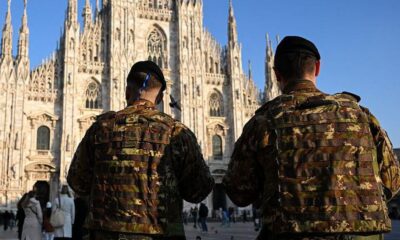
 News5 days ago
News5 days agoUS to send ICE agents to Winter Olympics, prompting Italian anger
-
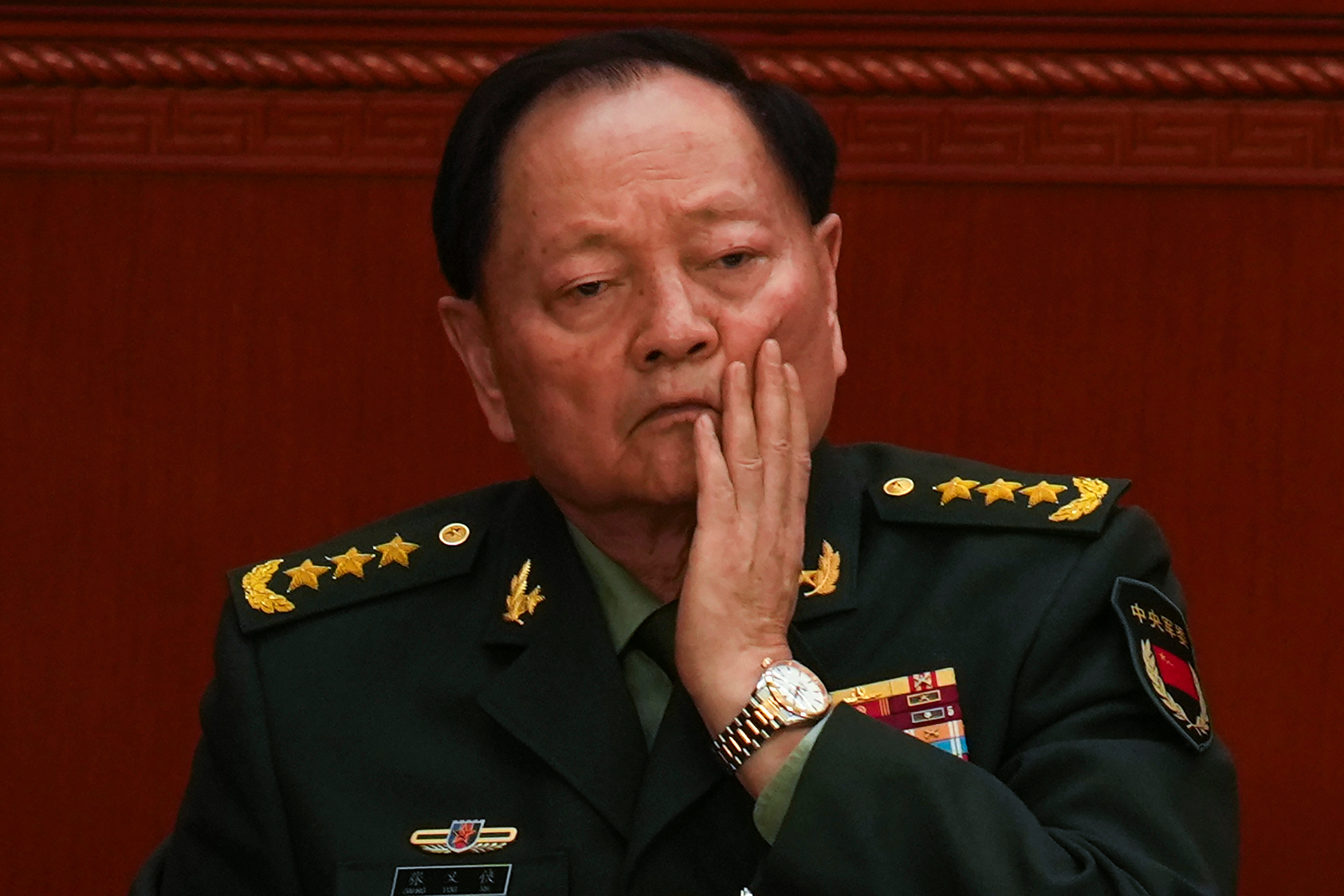
 News1 week ago
News1 week agoChina’s top general under investigation
-

 Sports5 days ago
Sports5 days agoVilla sign striker Abraham for £18.25m
-
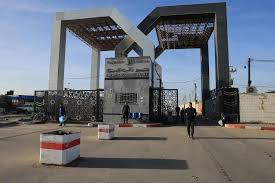
 News7 days ago
News7 days agoIsrael to reopen Gaza crossing after search for last dead hostage’s body ends
-

 General1 week ago
General1 week agoTrump threatens Canada with 100% tariffs over China trade deal
-

 Entertainment4 days ago
Entertainment4 days agoIShowSpeed to Receive Ghanaian Passport as Landmark Africa Tour Draws to a Close
-

 Spotlight6 days ago
Spotlight6 days agoMokolo Law Firm Expands Footprint with New San Antonio Office Dedicated to Immigration Law
-

 Sports1 week ago
Sports1 week agoAdli’s Dramatic Late Strike Caps Fearless Bournemouth Night as Cherries Outlast Liverpool










